HEGEMONY OR SURVIVAL
NOAM CHOMSKY
HEGEMONY OR SURVIVAL
AMERICAS QUEST FOR GLOBAL DOMINANCE
A Holt Paperback
Metropolitan Books / Henry Holt and Company | New York

Holt Paperbacks
Henry Holt and Company, LLC
Publishers since 1866
175 Fifth Avenue
New York, New York 10010
www.henryholt.com
A Holt Paperback and  are registered
are registered
trademarks of Henry Holt and Company, LLC.
Copyright 2003 by Aviva Chomsky, Diane Chomsky, and Harry Chomsky
Afterword copyright 2004 by Aviva Chomsky, Diane Chomsky, and Harry Chomsky
All rights reserved.
Distributed in Canada by H. B. Fenn and Company Ltd.
Library of Congress Cataloging-in-Publication data
Chomsky, Noam.
Hegemony or survival : Americas quest for global dominance / Noam Chomsky.1st ed.
p. cm.
Includes bibliographical references (p. ) and index.
ISBN-13: 978-0-8050-7688-2
ISBN-10: 0-8050-7688-3
1. United StatesForeign relations2001- 2. United StatesForeign relations20th century. 3. Imperialism. 4. United StatesMilitary policy. 5. Unilateral acts (International law) 6. Intervention (International law) 7. State-sponsored terrorism. 8. War on Terrorism, 2001 - I. Title.
E902.C47 2003
327.730090511dc22 2003058195
Henry Holt books are available for special
promotions and premiums. For details contact:
Director, Special Markets.
Originally published in hardcover in 2003 by Metropolitan Books
First Holt Paperbacks Edition 2004
A Metropolitan / Holt Paperback
Designed by Paula Russell Szafranski
Printed in the United States of America
11 13 15 14 12 10
Contents
HEGEMONY OR SURVIVAL
Chapter 1
Priorities and Prospects
A few years ago, one of the great figures of contemporary biology, Ernst Mayr, published some reflections on the likelihood of success in the search for extraterrestrial intelligence. He considered the prospects very low. His reasoning had to do with the adaptive value of what we call higher intelligence, meaning the particular human form of intellectual organization. Mayr estimated the number of species since the origin of life at about fifty billion, only one of which achieved the kind of intelligence needed to establish a civilization. It did so very recently, perhaps 100,000 years ago. It is generally assumed that only one small breeding group survived, of which we are all descendants.
Mayr speculated that the human form of intellectual organization may not be favored by selection. The history of life on Earth, he wrote, refutes the claim that it is better to be smart than to be stupid, at least judging by biological success: beetles and bacteria, for example, are vastly more successful than humans in terms of survival. He also made the rather somber observation that the average life expectancy of a species is about 100,000 years.
We are entering a period of human history that may provide an answer to the question of whether it is better to be smart than stupid. The most hopeful prospect is that the question will not be answered: if it receives a definite answer, that answer can only be that humans were a kind of biological error, using their allotted 100,000 years to destroy themselves and, in the process, much else.
The species has surely developed the capacity to do just that, and a hypothetical extraterrestrial observer might well conclude that humans have demonstrated that capacity throughout their history, dramatically in the past few hundred years, with an assault on the environment that sustains life, on the diversity of more complex organisms, and with cold and calculated savagery, on each other as well.
TWO SUPERPOWERS
The year 2003 opened with many indications that concerns about human survival are all too realistic. To mention just a few examples, in the early fall of 2002 it was learned that a possibly terminal nuclear war was barely avoided forty years earlier. Immediately after this startling discovery, the Bush administration blocked UN efforts to ban the militarization of space, a serious threat to survival. The administration also terminated international negotiations to prevent biological warfare and moved to ensure the inevitability of an attack on Iraq, despite popular opposition that was without historical precedent.
Aid organizations with extensive experience in Iraq and studies by respected medical organizations warned that the planned invasion might precipitate a humanitarian catastrophe. The warnings were ignored by Washington and evoked little media interest. A high-level US task force concluded that attacks with weapons of mass destruction (WMD) within the United States are likely, and would become more so in the event of war with Iraq. Numerous specialists and intelligence agencies issued similar warnings, adding that Washingtons belligerence, not only with regard to Iraq, was increasing the long-term threat of international terrorism and proliferation of WMD. These warnings too were dismissed.
In September 2002 the Bush administration announced its National Security Strategy, which declared the right to resort to force to eliminate any perceived challenge to US global hegemony, which is to be permanent. The new grand strategy aroused deep concern worldwide, even within the foreign policy elite at home. Also in September, a propaganda campaign was launched to depict Saddam Hussein as an imminent threat to the United States and to insinuate that he was responsible for the 9-11 atrocities and was planning others. The campaign, timed to the onset of the midterm congressional elections, was highly successful in shifting attitudes. It soon drove American public opinion off the global spectrum and helped the administration achieve electoral aims and establish Iraq as a proper test case for the newly announced doctrine of resort to force at will.
President Bush and his associates also persisted in undermining international efforts to reduce threats to the environment that are recognized to be severe, with pretexts that barely concealed their devotion to narrow sectors of private power. The administrations Climate Change Science Program (CCSP), wrote Science magazine editor Donald Kennedy, is a travesty that included no recommendations for emission limitation or other forms of mitigation, contenting itself with voluntary reduction targets, which, even if met, would allow US emission rates to continue to grow at around 14% per decade. The CCSP did not even consider the likelihood, suggested by a growing body of evidence, that the short-term warming changes it ignores will trigger an abrupt nonlinear process, producing dramatic temperature changes that could carry extreme risks for the United States, Europe, and other temperate zones. The Bush administrations contemptuous pass on multilateral engagement with the global warming problem, Kennedy continued, is the stance that began the long continuing process of eroding its friendships in Europe, leading to smoldering resentment.
By October 2002 it was becoming hard to ignore the fact that the world was more concerned about the unbridled use of American power than... about the threat posed by Saddam Hussein, and as intent on limiting the giants power as... in taking away
By early 2003, studies revealed that fear of the United States had reached remarkable heights throughout the world, along with distrust of the political leadership. Dismissal of elementary human rights and needs was matched by a display of contempt for democracy for which no parallel comes easily to mind, accompanied by professions of sincere dedication to human rights and democracy. The unfolding events should be deeply disturbing to those who have concerns about the world they are leaving to their grandchildren.
Next page

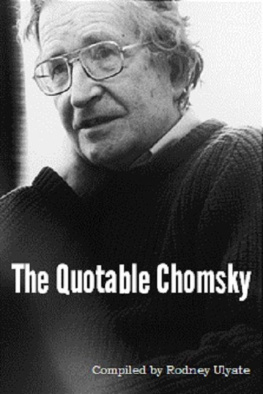
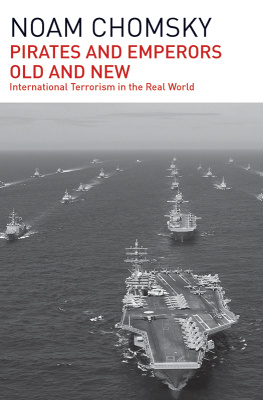




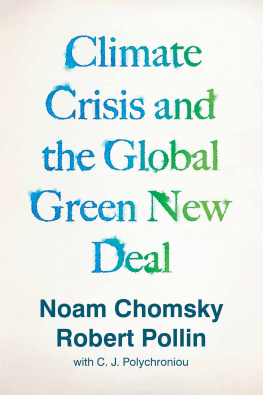
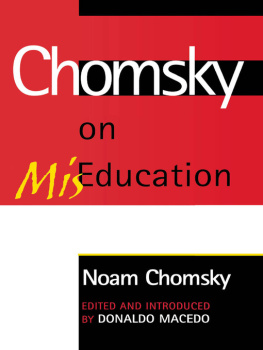
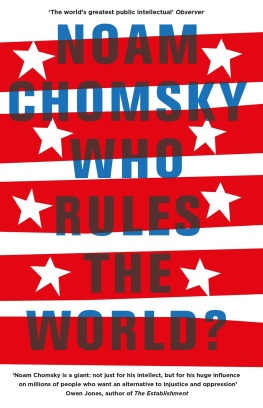

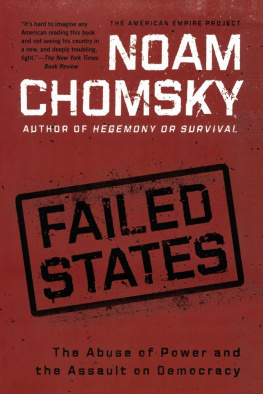
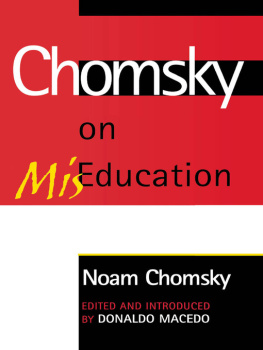
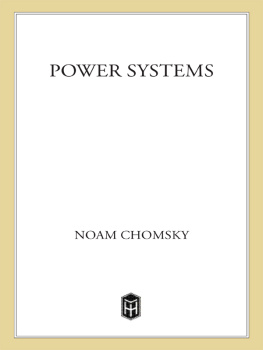
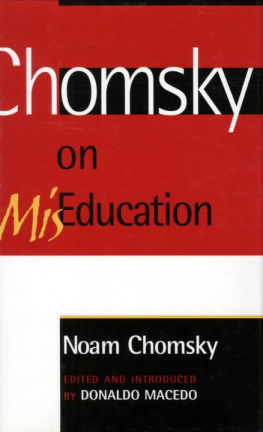
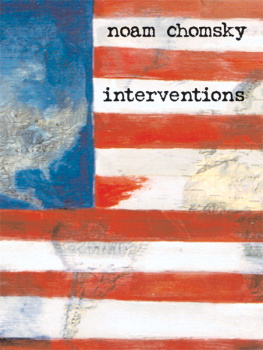

 are registered
are registered